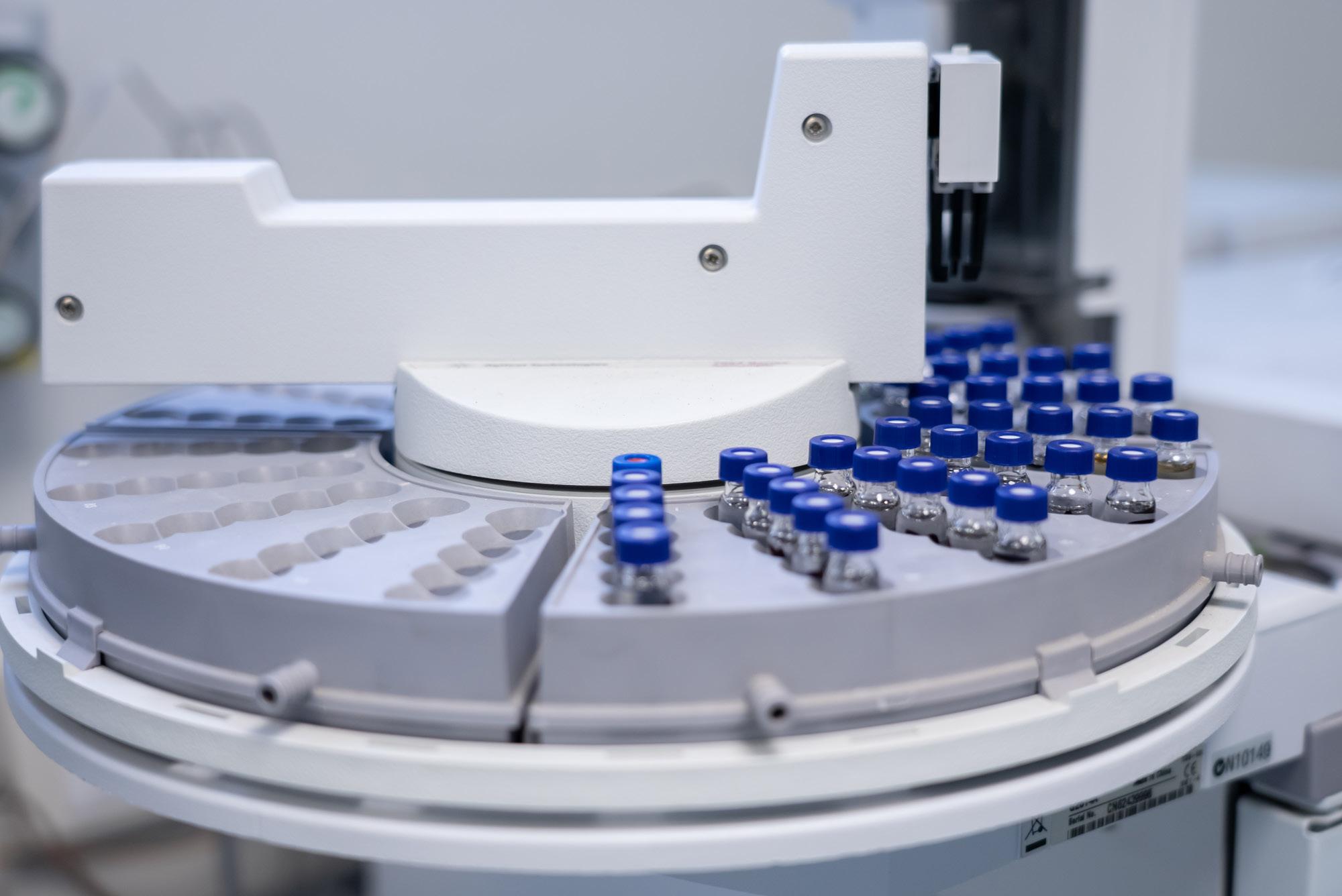
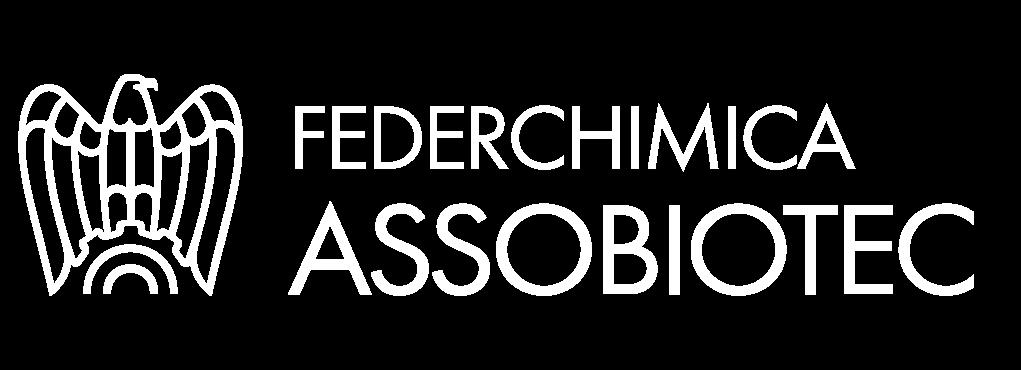






Writer: Lucy Pilgrim | Project Manager: Deane Anderton
Since the first recorded form of modern biotechnology (BioTech) was conducted in 1973 with the genetic engineering of rare bacteria, the industry has catapulted to unprecedented levels. Indeed, BioTech has become paramount to modern healthcare and scientific R&D, as it permeates across many fields, including healthcare, scientific research, pharmaceuticals and tech companies.
In Europe, the BioTech industry continues to evolve through many breakthroughs, particularly in brain and neuronal therapies, which represent 50 percent of BioTech businesses in Europe.
Within Italy, there continues to be a resurgence in the aid provided by BioTech developments, as the industry works to positively serve the needs of Italian healthcare services and wider society. By the end of 2021, there was a total of 790 BioTech firms operating in the country, with R&D investment increasing by seven percent between 2019 and 2020.
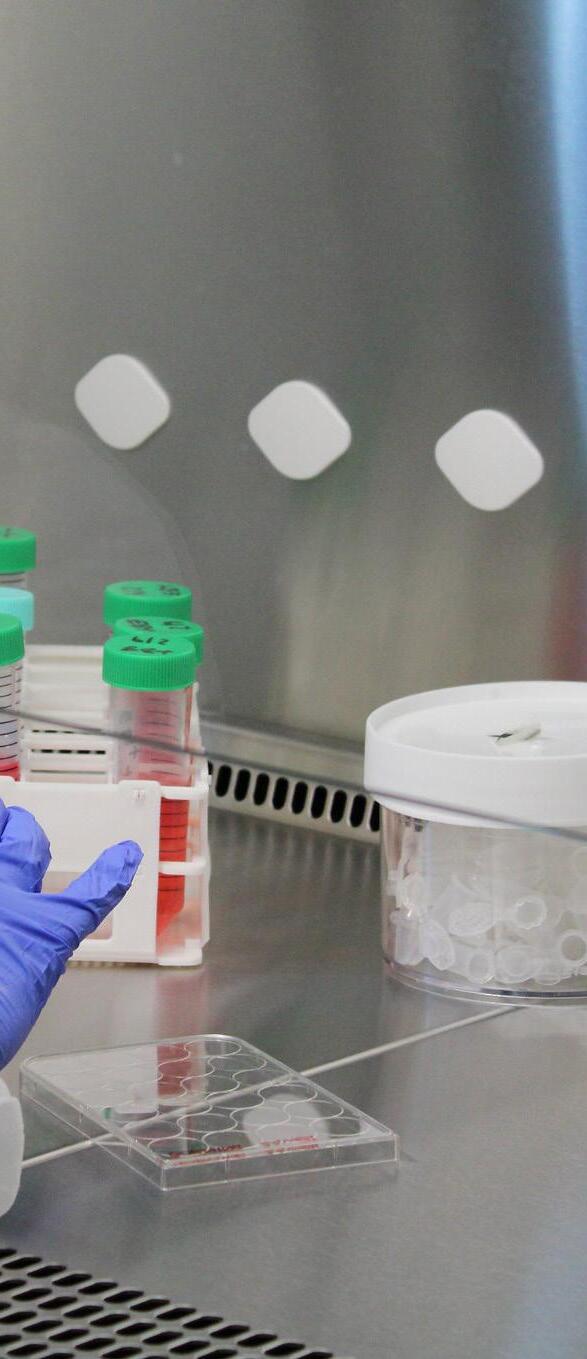
The compiled impacts of the COVID-19 pandemic further highlighted a pressing need for medical research, which helped to provide the necessary tools to predict and prevent further occurrences. This is reflected by the fact that human healthcare is the largest sector active in the Italian BioTech industry, currently representing over 48 percent of the market segment.
Additionally, in line with greater climate change initiatives, Italy has witnessed an increase in industry and environmental BioTech, achieving a growth of 29 percent between 2014 and 2021, with similar growth projected in the R&D field.
With such an indispensable role, BioTech firms across the country are in need of a collaborative force and representation if the industry is to continue to flourish.
Italy’s biotechnology industry is one of the most innovative in the world, and has a major influence on the global bioeconomy. We shine a light on an evolving sector





Championing the voices of the Italian BioTech field, Assobiotec, the Italian Association for the Development of Biotechnology, part of Federchimica (Federchimica Assobiotec) facilitates a forum of discussion, leading the industry to a sustainable and safer society
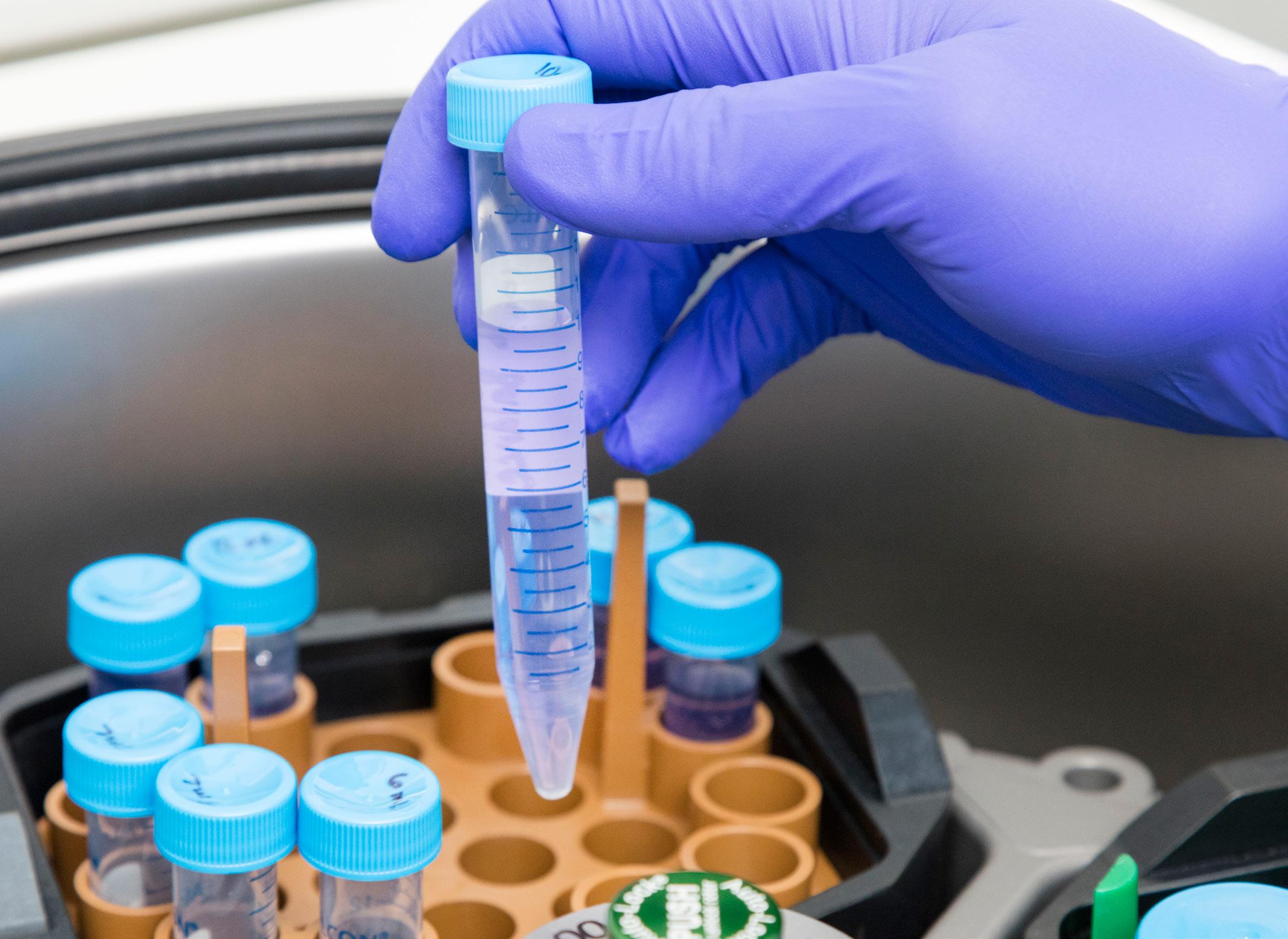 Image provided by Gilead Sciences and Kite Labs
Image provided by Gilead Sciences and Kite Labs
Founded in 1986, Federchimica Assobiotec represents over 100 companies and science and technology parks, across the healthcare and bioeconomy sector. As a member of its Executive Committee and CEO of Geneta Science, Pierluigi Paracchi tells us how the association has developed since its founding.
EME Outlook (EO): Firstly, could you talk us through the origins of Federchimica Assobiotec and what led to its inception?
Pierluigi Paracchi, Executive Committee Member (PP): Federchimica Assobiotec is the Italian bioindustry association. Nowadays, it represents and supports not only BioTech firms, but also science and technology parks involved in the life science and bioeconomy fields.
The association brings together a variety of firms with a diverse range of applications; they all have BioTech in common as a hallmark component, which provides an engine for innovation.
Federchmica Assobiotec was first established in 1986 as part of Federchimica, the Italian Federation of the Chemical Industry. Since the beginning, its mission has been to encourage and support BioTech innovation with the ultimate goal of helping progress our country.


With the same aim, Federchimica Assobiotec is a founding member of the European Association for
Bioindustries (EuropaBio) and the International Council of Biotechnology Associations (ICBA) and, through Federchimica, the company is a founding member of the Italian National Cluster of Life Sciences (ALSISEI) and the Italian National Cluster of Circular Bioeconomy (SPRING).
As a proactive organisation, Federchimica Assobiotec is also an ongoing and active participant in the Blue Growth Cluster and Italian National AgriFood Cluster (CLAN) activities.
Image provided by UCB PharmaThe vast majority of cancer deaths are ultimately associated with metastases to the lungs and liver, which remain largely incurable — but, we believe, not for long.
BrYet has developed a therapeutic agent with unprecedented curative potential for metastases to the lung and liver. At BrYet, we believe that cancer can be treated with a new, physics-based approach, completely different from any other concept previously applied. We call it Transport Oncophysics.

The traditional view of tumours is that they are homogeneous masses of cells that proliferate uncontrollably and are resistant to pro-apoptotic stimuli. Now, we know that this view is overly simplistic. In fact, tumours are highly heterogeneous assemblies of cells that participate in constant interplay between themselves and a dynamic local microenvironment, continually changing and adapting in the process, with metastatic cancer cells being the most insidious and difficult to treat.

Current treatments often extend life expectancy by only a few months. Reduction in cancerinduced suffering is often adversely offset by the suffering caused directly by the treatments.

Throughout 30 years of research, we discovered that among the shared features of metastatic lesions are properties associated with mass transport modifications: cells, biomolecules, metabolites, nutrients, oxygen, and exogenous therapeutic agents “travel” differently through cancers and the whole body
than they do through normal tissues. These modifications take place in what are known as “biological barriers” of the body, from cancer initiation and throughout its evolution. Our research confirmed that the carcinogenesis-induced evolution of cancer-protecting biological barriers plays a dominant role in resistance. The drugs that initially work for a metastatic patient eventually start failing after some cycles of treatment, while also causing collateral damage that is disproportionate to the
therapeutic benefits, invariably leading to a tragic end. Our innovative therapeutic approach to cure metastases to the lungs and liver uniquely overcomes the issue of mass transport modifications.
We have developed “Transport Oncophysics”, the mathematical and biophysical framework for understanding cancer and how to attack it, even in the case of lung and liver lesions, enabling personalised treatment through transport biomarkers. Transport Oncophysics allows the development of unprecedented new families of cancer drugs, which surmount the cancerprotecting biological barriers of the body so that effective treatment can be delivered to cancer cells and open the way towards a potential cure for lung and liver malignancies.
Our first drug, ML-016, consists of a nanoporous silicon microparticle with a precisely defined size and shape, polymeric backbone, pH-sensitive cleavable linker, and the anthracycline chemotherapeutic agent doxorubicin. It has been proven to yield long-term, functional cures in treated animals that had devastating presentations of triple-negative breast cancer with metastases to the lung and liver. Even those that suffered relapse survived for much longer than those treated with conventional cancer therapies. ML-016 pharmacokinetic data confirmed


unprecedented selectivity for lung and liver metastases, with enhanced concentration in the target organs and drastic reduction of concentration in all other districts. No acute or followup toxicity was observed at any time after dosing up to a very high doxorubicin equivalent dose.
A Phase I clinical trial is planned for mid-2024, focused on patients with metastases to the lung and liver from different primary tumours. This includes triplenegative breast cancer, which has a low survival rate due to the lack of advanced therapies.
“Given the limited progress against metastatic cancer using traditional therapeutic strategies on primary tumours, a metastasis-focused specific and innovative therapeutic concept may represent the most effective way to cure patients,” says Lorenzo Pradella, CEO of BrYet Europe.
“If even a fraction of these results proves true for human patients, it will save many lives that otherwise would be lost. The main goal of my life is dedicated to finding a curative approach for metastatic cancer,” adds Mauro Ferrari, President and CEO of BrYet US.
A Global Presence
Metastases to the lung and liver are a major medical need with significant market potential. With a unique approach, BrYet aims to meet this challenge and provide unprecedented therapeutic benefits to patients — with a significant impact on healthcare
costs. BrYet’s proprietary technology platform can be further developed to obtain new treatments for many other diseases including vaccines.
BrYet US, Inc. operates in Houston, Texas, with a European hub in the Milan metropolitan area (BrYet Europe srl.). With a team of world-renowned experts in oncology, nanomedicine, biotechnology, semiconductor R&D and manufacturing, BrYet collaborates with top-notch institutions both in the US and Europe. We are currently scaling up ML-016 to GMP production in Italy.
Contact
BrYet Europe S.r.l. BrYetEurope.com
info@bryetpharma.com
Via Roma, n.108
Building CD1
20060 Cassina de’ Pecchi (Milan)
Italy
BrYet US, Inc. BrYetPharma.com
info.bryeteurope@bryetpharma.com
2710 Reed Road
Houston, Texas 77051 USA
#CureCancer
EO: Since inception, how has Federchimica Assobiotec developed and progressed in terms of its key objectives and the message it tries to get across?
PP: We strongly believe that Italy, through the BioTech sector, can have an instrumental impact on building a future in a sustainable way, whilst addressing the more urgent needs of civil society in the sectors of public health, environment, agriculture and food. We also believe that BioTech is a stimulus in the promotion of economic and social growth and employment opportunities.
Since our inception, we have understood the value of a vibrant and attractive ecosystem. From quality education to technology transfer, every step of the journey is fundamental to building a strong national ecosystem.
EO: What do you find most interesting about the BioTech industry in Italy currently?




PP: The Italian BioTech industry has lights and shadows. It is true that our country is recognised for its excellence in research, human capital and production. Italy is a world
leader in the number of research publications and citations per researcher. Our country shows a strong drive for innovation in areas such as biochemistry, genomics, and molecular biology.
In the meta-sector of BioTech, Italy boasts start-ups and companies that are at the height of modernisation in various fields of application, including health, through the production of new medicines, vaccines and diagnostic products, with excellent results in the export of these items. Regarding bioeconomy, BioTech is an important driver of innovation for both agricultural and industrial sectors, representing a new model to join economic growth and sustainability.
EO: On the other hand, what are the industry’s biggest challenges?
PP: Our country needs to have a clear vision for the future and must find a way to quickly untie all the knots along the journey, from the inception of an idea to its transformation into an innovative solution.
Elements that are closely connected, including training,
Lundbeck is a Danish multinational pharmaceutical company, specialising in treating diseases of the central nervous system.
The company’s main shareholder is Lundbeck Foundation, and for over 60 years it has invested in research to drive progress in neuroscience. Its funding includes the prestigious “Brain Prize” award which is worth approximately £1.3 million.
Over a century old, and headquartered in Copenhagen, Lundbeck has approximately 5,400 employees in over 50 countries.
Lundbeck has been present in Italy for almost 30 years with a commercial platform, with its presence strengthened by the production hub Lundbeck Pharmaceuticals Italy (LUPI).

R&D
Lundbeck’s R&D activity is entirely dedicated to the discovery and development of new drugs to identify and treat the mechanisms underlying brain pathologies, with sites in Denmark and the US.
Sustainability and Access to Care
Lundbeck is committed to countering the stigma towards people living with brain diseases, to contribute to the construction of a better environment where patients and caregivers are fully integrated in all aspects of life.
Currently, Lundbeck is dedicated to migraine prevention. In Italy, it is raising awareness with the ‘change your relationship with migraine’ campaign. #cambialatuarelazioneconlemicrania
“Today, more than ever before, it appears evident how the brain and its health play a fundamental role in our overall state of well-being. This is why we are committed from therapeutic and social perspectives to provide patients and their families real and concrete support in managing these diseases”
- Tiziana Mele, Managing Director - Lundbeck Italia
research, technology transfer, entrepreneurial skills, the creation and development of start-ups and small and medium-sized companies, production and clinical development, public-private partnerships, access, but also lean processes and reducing bureaucracy, must be able to interact in a dynamic way.
Our biggest challenge currently, however, is to create an industrial national plan for the development of our strategic sector. The news of a National Plan for Biotechnology in Italy is very recent. It was announced by Minister Adolfo Urso on 31st May this year, at our General Assembly. This is an important recognition of the strategic value of this meta-sector. We hope that it could be an opportunity to unleash the full potential of BioTech in Italy.
EO: How has the BioTech industry changed since the association’s inception?

PP: Over the last 30 years, we have seen the BioTech industry grow exponentially. The main economic data of the firms operating in this sector provide a clear picture of an industry which has withstood the crisis in all its fields of application, and not only in the traditionally countercyclical ones linked to the human health sector.
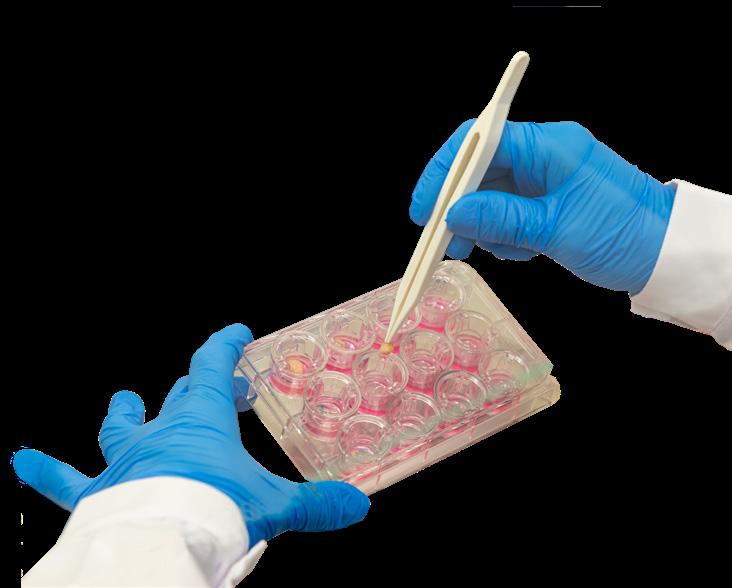
The vibrant ecosystem of small and micro BioTech firms, which complements the stable core of big companies and focuses on the development of new technologies and products, represents an 82 percent share of the total firms.
However, small and micro firms are pivotal in creating
“WE BELIEVE THAT BIOTECH REPRESENTS ONE OF THE GREATEST OPPORTUNITIES FOR THE DEVELOPMENT OF KNOWLEDGE, THE ECONOMY, AND WELL-BEING IN THE COMING DECADES”
- PIERLUIGI PARACCHI, EXECUTIVE COMMITTEE MEMBER OF FEDERCHIMICA ASSOBIOTEC AND CEO OF GENENTA SCIENCE
new jobs. Up to 65 percent of total gross job creation in 2020 can be attributed to the Innovative start-ups, as defined by the Italian policy framework, although their share in total BioTech employment in the same year was only six percent.
With reference to the distribution per field of predominant application, the human healthcare sector –“red BioTech” – still represents the majority share of Italian BioTech companies (48.5 percent). However, the industrial BioTech share of firms – “white Biotech”– increased by 29 percent between 2014 and 2021, whilst agriculture and veterinary BioTech – “green BioTech” – increased by 34.5 percent in the same period.
EO: Can you elaborate on how the COVID-19 pandemic affected the industry?
PP: The recent COVID-19 pandemic has shown how BioTech has been more than a solution to health needs. The sector has represented a key element in the geopolitical and economic strategies of the country. Vaccines, monoclonal antibodies, and diagnostics products are all BioTech solutions, and they were fundamental to overcoming COVID-19.
As reported by the BioInItaly Report 2022, the Italian BioTech industry has withstood the health crisis caused by the COVID-19 pandemic, recording only a five percent
drop in the overall 2020 turnover (less than half of the overall Italian industrial sector). In addition, the nationally controlled BioTech R&D dedicated firms increased by 30 percent in 2020, greatly increasing their turnover, particularly compared to the seven percent growth witnessed in 2019.
EO: What trends are currently transforming the BioTech industry in Italy?
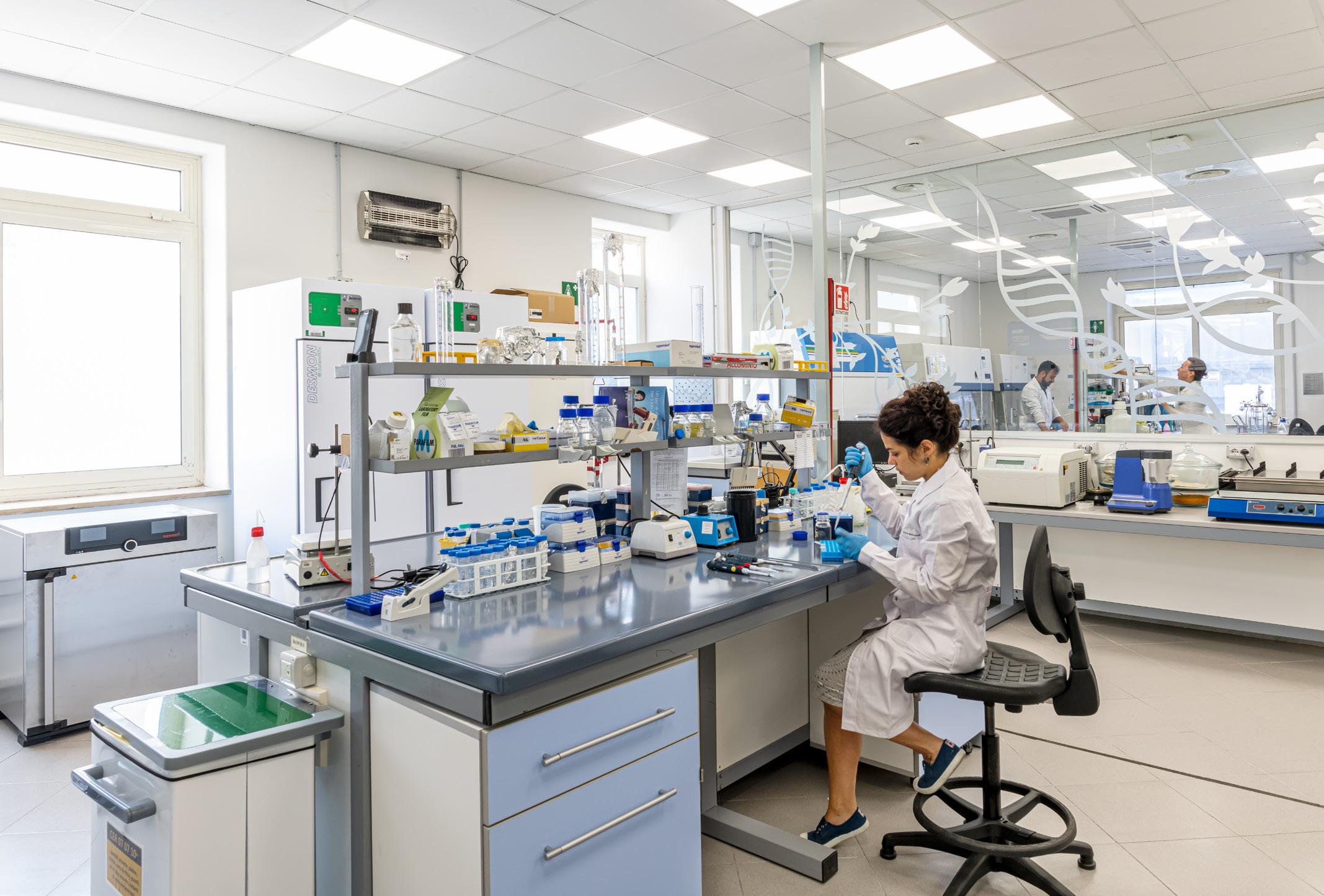
PP: Italy is no different from the rest of the world in the sense that we can see some megatrends in human health, including the development of immunotherapies, advanced therapies and precision medicine, which are the key to the future of medical care.
A further fundamental point is the increasingly widespread awareness that the health of the population is strongly related to the health of our planet. Thus, the winning approach is ‘One Health’, which holistically considers the health of humans, animals and the environment.
The COVID-19 pandemic highlighted that if we want to deal effectively with the health of individuals and populations, we must also think about our planet and the better use and consumption of soil, water and air. Protecting the environment means saving ourselves.
In the pursuit of this objective, BioTech companies

• Promoting technological research and innovation, which it believes is the driving force for the nation’s economic and sustainable growth.
• Recognising, without fear of technological progress, the value of innovation, including the creation of a product.
• Providing sufficient financing for innovation.
• Attracting investment in the Italian BioTech industry, one of the few sectors where financing can yield a high possibility of returns in terms of qualified employment opportunities and the creation of added value.
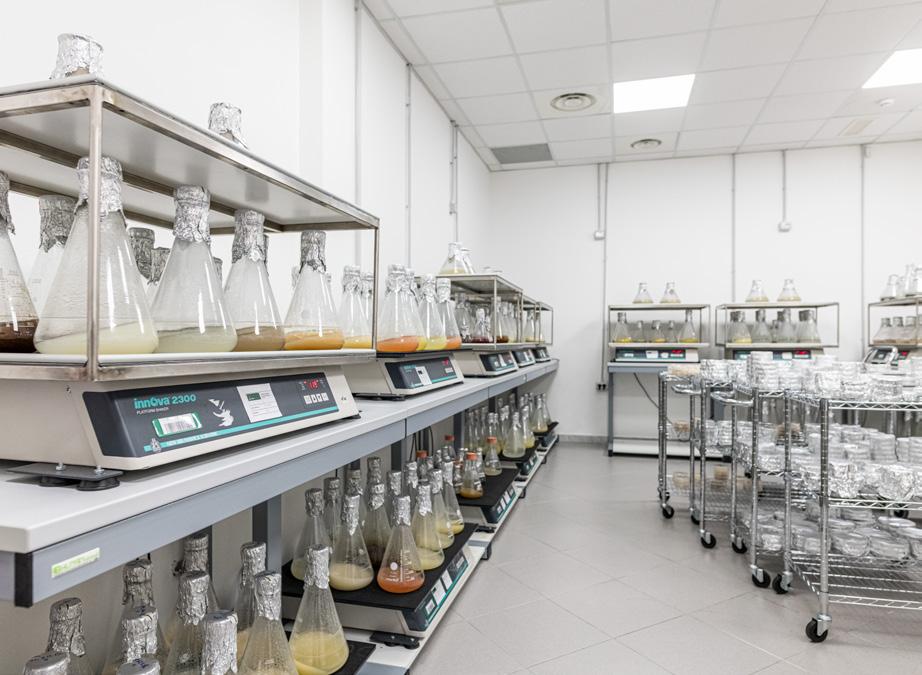
represent a tool of great importance and a perspective of extreme interest. The field can make an important contribution to sustainable development, as well as an economy that respects the environment and is less dependent on fossil fuels and non-renewable resources.
EO: How do you see Federchimica Assobiotec and the BioTech industry developing over the next five years?
PP: According to the Organisation for Economic Cooperation and Development (OECD) estimates, by 2030, BioTech will have an enormous weight on the world economy: 80 percent of pharmaceutical products, 50 percent of agricultural products, and 35 percent of chemical and industrial products will be BioTech.
The acceleration in the development of BioTech today makes it possible to aim for goals that were once unimaginable, such as therapies for unmet medical needs, personalised therapies, preservation of biodiversity, plants that fight against climate change, and increasing production with less natural resources. We also hope to
work on the development of a production system based on alternative energy sources, bioproducts, and processes with no environmental impact, looking in particular at a circular bioeconomy model.
A recent study commissioned by Ernst & Young (EY) tells us that the European BioTech market will triple between now and 2028, creating value and new opportunities that Italy wants to be in the flow of.
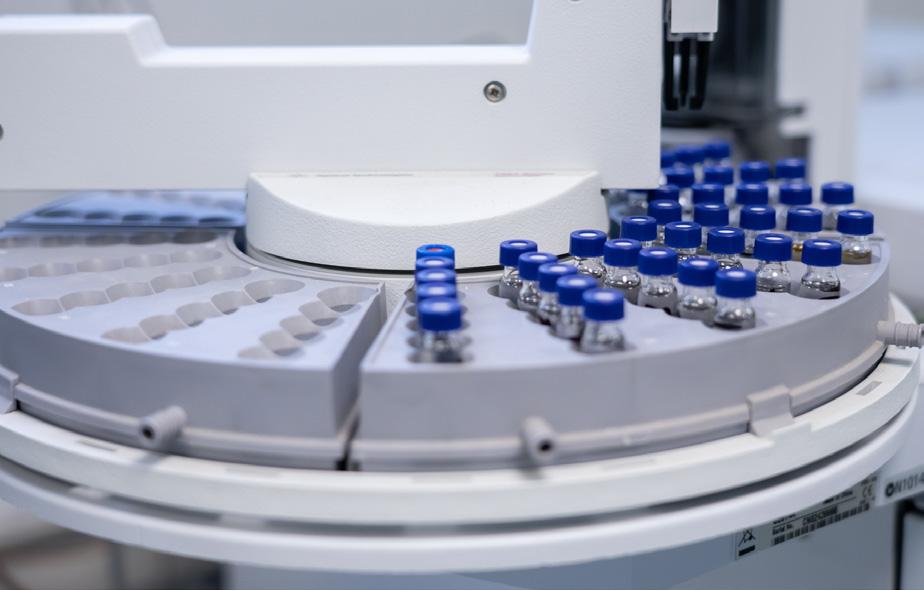

Thus, we believe BioTech represents one of the greatest opportunities for the development of knowledge, the economy, and well-being in the coming decades.
Tel: + 39 02 34565383
assobiotec@federchimica.it
https://assobiotec.federchimica.it/en

